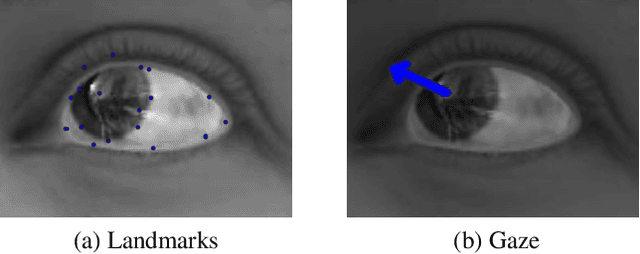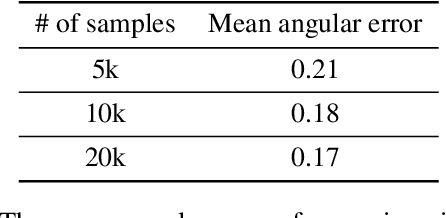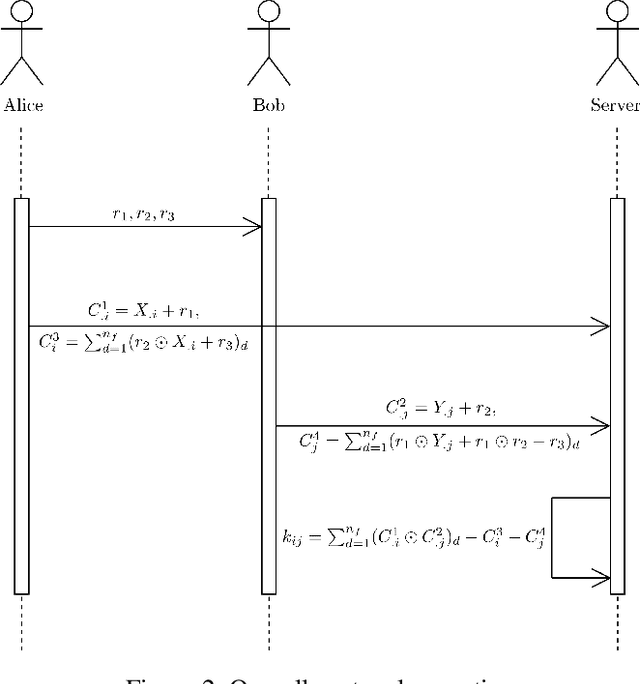Privacy Preserving Gaze Estimation using Synthetic Images via a Randomized Encoding Based Framework
Paper and Code
Nov 06, 2019



Eye tracking is handled as one of the key technologies for applications which assess and evaluate human attention, behavior and biometrics, especially using gaze, pupillary and blink behaviors. One of the main challenges with regard to the social acceptance of eye-tracking technology is however the preserving of sensitive and personal information. To tackle this challenge, we employed a privacy-preserving framework based on randomized encoding to train a Support Vector Regression model on synthetic eye images privately to estimate human gaze. During the computation, none of the parties learns about the data or the result that any other party has. Furthermore, the party that trains the model cannot reconstruct pupil, blink or visual scanpath. The experimental results showed that our privacy preserving framework is also capable of working in real-time, as accurate as a non-private version of it and could be extended to other eye-tracking related problems.
 Add to Chrome
Add to Chrome Add to Firefox
Add to Firefox Add to Edge
Add to Edge